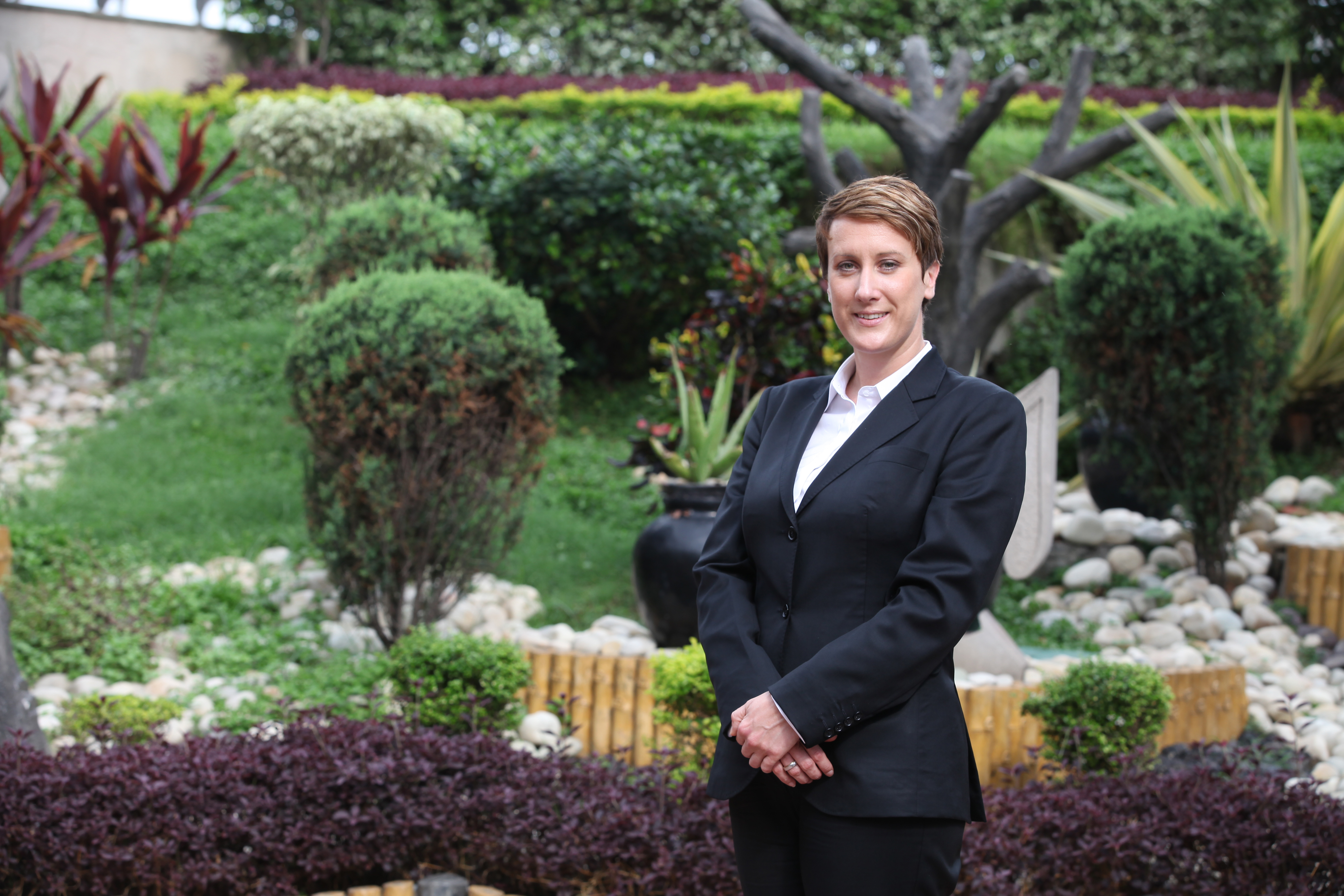“It’s better to understand the culture than to exert pressure”
Britta Leick-Milde in an exclusive interview: Why India is an attractive market for German investors and what the role of West Bengal and its capital Calcutta could be in this scenario
SHInsight: Ms. Leick-Milde, many German investors still consider India as too difficult a place. Do they have a point?
Britta Leick-Milde: No general answer could possibly be adequate. And yet I would argue that it was their fault, if they don’t capture this market. Just have a look: China – certainly not an easy market – it sputters, the low oil price is a burden for the producing countries and the Brexit gives Britain a cough. Given that many things in India have rapidly changed for the better – which German media unfortunately hardly ever report about – I state very clearly: India is an attractive market for German investors. It’s true, you need to be patient, but the probability of success is high.
Take a five-star hotel as an economic benchmark and Calcutta should boom. Your Hyatt hotel makes the impression that it is well booked.
I reckon all hotels in India are currently doing well. We too have a crisis-proof business model: the hosting of weddings. Wealthy families, such as the ethnic group of Marwari businessmen, it to turn it into a glamorous celebration. This alone accounts for 30 percent of our sales. But apart from that, Calcutta is an exception. For example: Mumbai has 500 five-star hotels and other economic centres also heavily invest in the hotel industry while we only have seven five-star hotels. Two more are under construction. But that’s about it for the time being. The city will then have about 3,700 upper category rooms. Calcutta is virtually fully booked at a big event with 2,000 participants – when you add the daily bookings. This is not uncommon, as the major conferences typically fall into the wedding season. But a lot is happening and this includes initiatives by the West-Bengal state government.
After one term in power, this government has recently won the state elections with almost three quarters of the votes cast. Did it also manage to make this state economically more attractive, which was governed by the Communist Party for more than three decades until 2001? After all, more than 200 German companies are now represented in this state through subsidiaries or joint ventures.
While it remains true that everything runs a little slower in West Bengal than elsewhere, it’s heading in the direction by now: Things are looking up. Especially the service industry will find ideal conditions: The people are well trained, the literacy rate is among the highest in all of India, and everybody speaks English. A banker who operates a training and service centre in Calcutta with approximately 6,000 employees recently told me that he prefers this city over others as practically none of his trainees are headhunted. Competition in the labour market is not very high.
But many young and well-trained people are attracted to other places away from the city.
That’s correct – and a pity. A sustainable concept for the expansion of the economy is still missing. Calcutta must focus more on its strengths, explore new avenues and drum up some business. West Bengal has good water, a good soil, good weather, mostly anyway. Perhaps it could take care of the sectors Research, Sustainable Industries or Agriculture. For instance, we and other hotels are desperately looking for a sustainably managed pawn farm. It would be very desirable if one or two large manufacturing companies would settle here. But not automotive companies, because the automotive industry is already firmly established elsewhere.
One of the firmly established clichés about India is that women are worth nothing, that they are being oppressed and have nothing to say. Is there a grain of truth in it?
This sounds as if the equality between men and women was already accomplished in the West. This issue is debated worldwide, so it’s not solved anywhere. India is divided into two parts on this topic. Conservative families uphold the classic roles – the man goes to work, the woman is responsible for children and household. This even happens in Germany. On the other hand, there are many well-educated women who are fully supported by their family in their career. And daughters too assume leadership positions, especially in medium-sized family-owned companies. The fact that women might actually fall behind in rural regions or certain ethnic groups is also owed to the fact that there simply still exists another age.
A young German woman – of all things from the tourism industry – once said in an interview that it was dangerous for a woman to travel in India.
 This is complete nonsense. Calcutta in particular is a very safe city. That isn’t modified by the fact that one shouldn’t be on the road at night in certain areas. Tourists should also avoid certain neighbourhoods in Los Angeles – even during the day. But nowhere does it say that women should rather not travel through the United States.
This is complete nonsense. Calcutta in particular is a very safe city. That isn’t modified by the fact that one shouldn’t be on the road at night in certain areas. Tourists should also avoid certain neighbourhoods in Los Angeles – even during the day. But nowhere does it say that women should rather not travel through the United States.
Expatriates repeatedly report that leadership in India is a special challenge – there was a lack of independent work and clear information, the family would play a disproportionately large role and work discipline was wanting.
This is typical German think – and extremely superficial too. Many Europeans cling to specifications, but understanding culture and circumstances helps more than pressure. The workforce would be at exactly zero if I fired every employee who was late for work by 15 minutes. You must understand, for instance, where the employee is at home. Perhaps from a village 20 miles away. Most likely he travels two hours by bus to come to his work place and just as many back to his home – which is not uncommon. And in the monsoon season it may even take an hour longer. Many of our employees have no shower at home – and even if they had one, their makeup would be less than perfect after three hours of travel at 40 degrees Celsius or 100 degrees Fahrenheit. That’s why we provide the necessary infrastructure, even if it takes a few minutes longer. But that’s why people work longer too. And if one absolutely has to be there on time, he will work it out so he can keep the schedule. Talk about working independently: Some can, others don’t and the third needs a little help. It’s true – from our perspective – that India needs a little more patience, or better yet, call it composure. It you can’t manage that you should stay at home. If you come from the Black Forest, don’t expect the world to be full of cuckoo clocks.
Most Germans know especially two things about Calcutta: that it is by the Ganges and that it is one of the most chaotic cities in the world. Is that correct?
Neither is true. Calcutta is by the Hoogly River, a branch of the Ganges. And chaos is relative. If you are looking for dirty corners, you will always find one. But compared to the past, the city has become incredibly clean and better structured. It will become really nice once the work on the fly-overs has been completed.
So no need to fear the city as an expatriate?
When I was looking for an alternative to my job in Mumbai, a friend suggested I go to Calcutta: The Hindu festival Durga Puja, warm hearted people, very safe, rather too much than too little social life. She was quite right. Calcutta is a wonderful city. You have to be willing to engage with it – then you can be very successful – as in all of India.
The Hyatt hotel in Calcutta was managed by a German lady for three years: Before Britta Leick-Milde took over the management of the hotel in 2013, she gained experience at the Hyatt hotels in Mumbai and Dubai. In September, she has moved on – to Doha.





